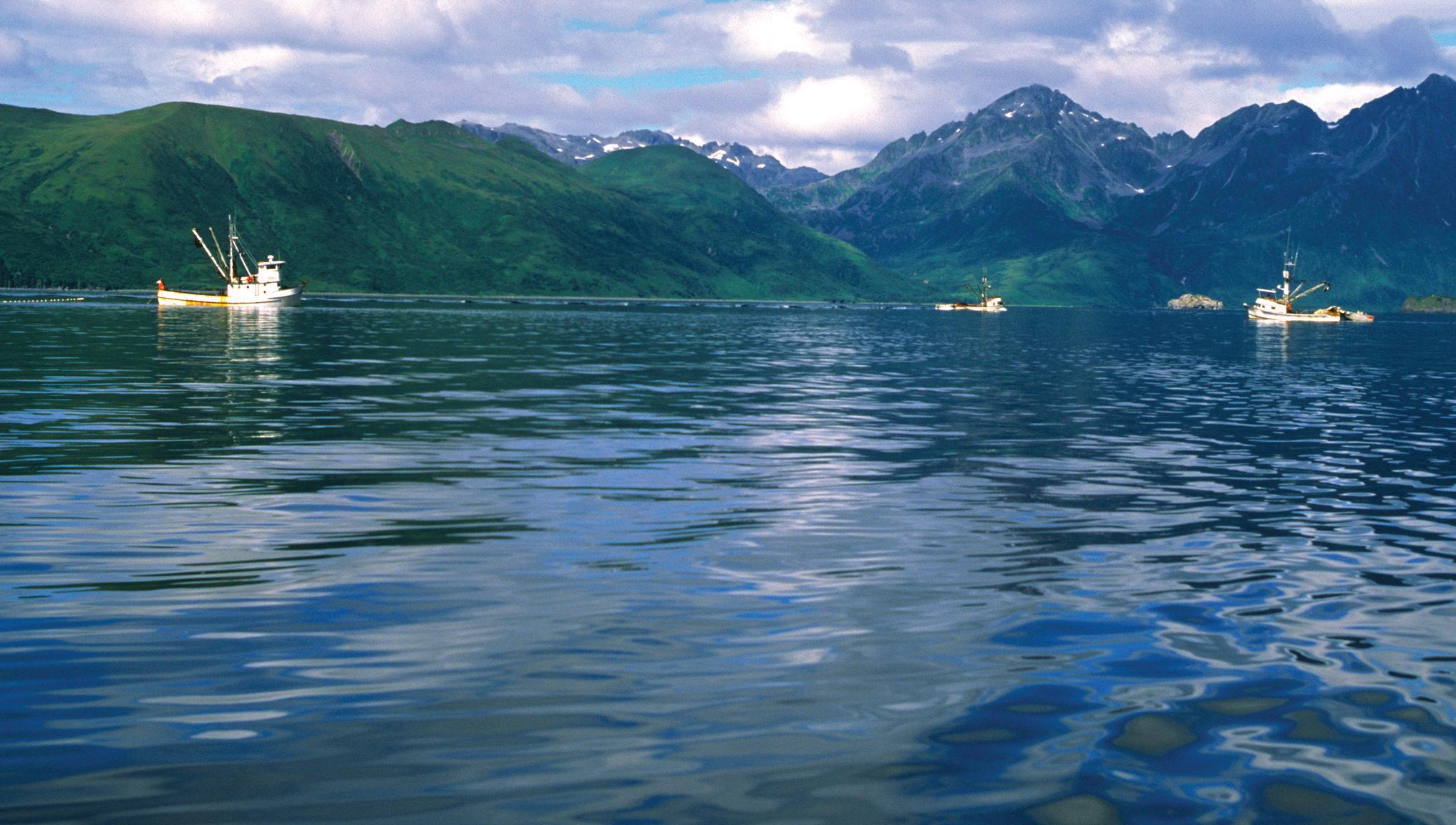
2 minute read
Climate Change and Health
Climate
and health...
With rising global temperatures and sea levels, decreased agricultural outputs, and deforestation, climate change impacts the air we breathe, the water we drink, the food we eat, and the land on which we live. Recently, across the globe researchers collaborated to study the effects of climate on health. This year the Lancet MedicalJournals’ annual report was released. In the U.S. portion of the report, scientists warned of health impacts of a warming climate and outlined policy recommendations. Climate change is now being called the "greatest global threat to health." Extreme heat and pollution are linked to many health conditions including asthma and heart disease. For example, heart disease can be caused by particulate matter pollution, according to the American Heart Association, and long-term exposure to these microscopic, and inhalable pollutants may cause asthma in children, reports the American Thoracic Society.
Amazingly, excessive heat kills more people than hurricanes or floods each year. Air pollution from fossil fuel burning has been found to harm every organ in the body, research shows. According to data from the report, particulate matter caused 32,000 deaths across the U.S. in 2020, and 37% of those were “directly related to fossil fuels,” the authors wrote, noting those could be underestimates. Air pollution needs to be seen as a risk factor for poor health that “can be
Change
who's at risk?

by Margaret DeStefano
modified” to improve heart and lung health, the authors suggest. While more than 40% of the U.S. population lived in cities where air pollution levels exceeded safe standards, areas of the country with the largest projected increases in heat-related deaths are 40% more likely to be Black communities. Certain age groups are also more at risk. Along with children, older adults are most vulnerable to heat. According to the report, between 2017 and last year, heat-related deaths among people over 65 jumped 74% compared to 20002004. The researchers multiplied the number of heatwave days by the infant population to find that babies under 1 experienced an average of 12 million more days of heatwaves between 2012 and 2021 compared to 1986 to 2005. The researchers said investments in a zero-emission energy sector and transportation system that “equitably benefits health” are keys to improving health, especially for marginalized and front-line communities. It's been 35 years since the Montreal Protocol helped heal a hole in the ozone. Can those lessons curb climate change in less than 30 years? Humanity healed the ozone hole. Can we do the same for climate change? The authors implored stopping developments in new fossil fuel infrastructure and phasing out oil and gas subsidies as rapidly as possible.










